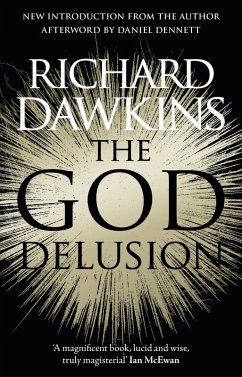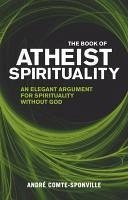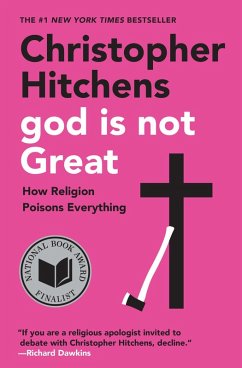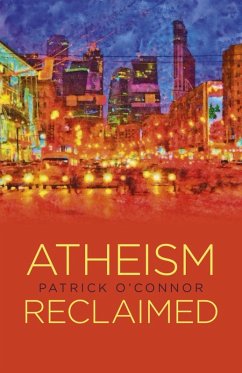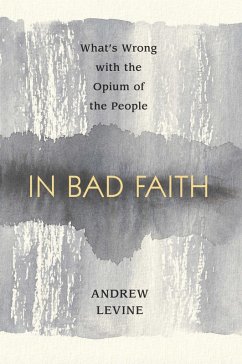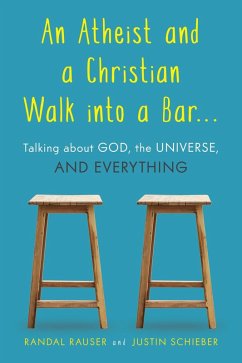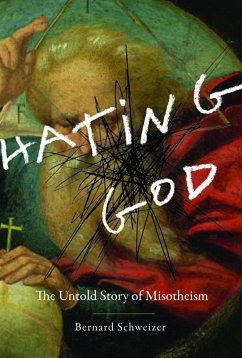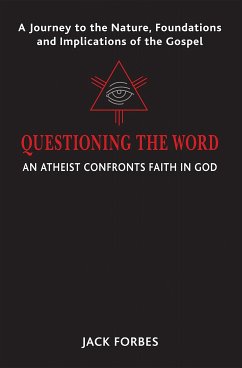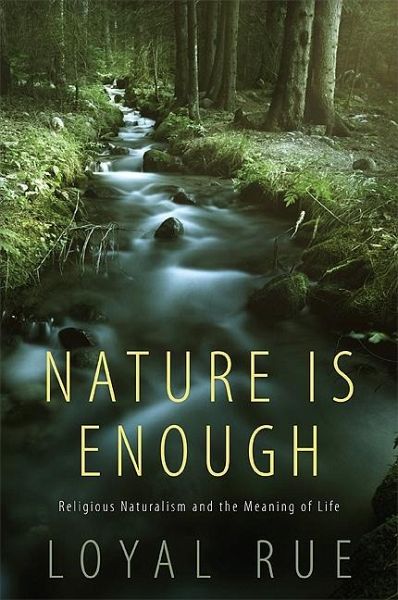
Nature Is Enough (eBook, ePUB)
Religious Naturalism and the Meaning of Life

PAYBACK Punkte
13 °P sammeln!
Claims that the natural world, as opposed to a supernatural realm, can inspire a religious sensibility and a conviction that life is meaningful.Nature is enough: enough to allow us to find meaning in life and to answer our religious sensibilities. This is the position of religious naturalists, who deny the existence of a deity and a supernatural realm. In this book, Loyal Rue answers critics by describing how religious naturalism can provide a satisfying vision of the meaning of human existence.The work begins with a discussion of how to evaluate the meaning of life itself, referencing a range...
Claims that the natural world, as opposed to a supernatural realm, can inspire a religious sensibility and a conviction that life is meaningful.
Nature is enough: enough to allow us to find meaning in life and to answer our religious sensibilities. This is the position of religious naturalists, who deny the existence of a deity and a supernatural realm. In this book, Loyal Rue answers critics by describing how religious naturalism can provide a satisfying vision of the meaning of human existence.
The work begins with a discussion of how to evaluate the meaning of life itself, referencing a range of thought from ancient Greek philosophy to the Abrahamic traditions to the Enlightenment to contemporary process and postmodern philosophies. Ultimately proposing meaning as an emergent property of living organisms, Rue writes that a meaningful life comes through happiness and virtue. Spiritual qualities that combine evolutionary cosmology and biocentric morality are described: reverence, gratitude, awe, humility, relatedness, compassion, and hope. Rue looks at why religious naturalism is not currently more of a movement, but nevertheless predicts that it will become the prevailing religious sensibility.
Nature is enough: enough to allow us to find meaning in life and to answer our religious sensibilities. This is the position of religious naturalists, who deny the existence of a deity and a supernatural realm. In this book, Loyal Rue answers critics by describing how religious naturalism can provide a satisfying vision of the meaning of human existence.
The work begins with a discussion of how to evaluate the meaning of life itself, referencing a range of thought from ancient Greek philosophy to the Abrahamic traditions to the Enlightenment to contemporary process and postmodern philosophies. Ultimately proposing meaning as an emergent property of living organisms, Rue writes that a meaningful life comes through happiness and virtue. Spiritual qualities that combine evolutionary cosmology and biocentric morality are described: reverence, gratitude, awe, humility, relatedness, compassion, and hope. Rue looks at why religious naturalism is not currently more of a movement, but nevertheless predicts that it will become the prevailing religious sensibility.
Dieser Download kann aus rechtlichen Gründen nur mit Rechnungsadresse in A, D ausgeliefert werden.




